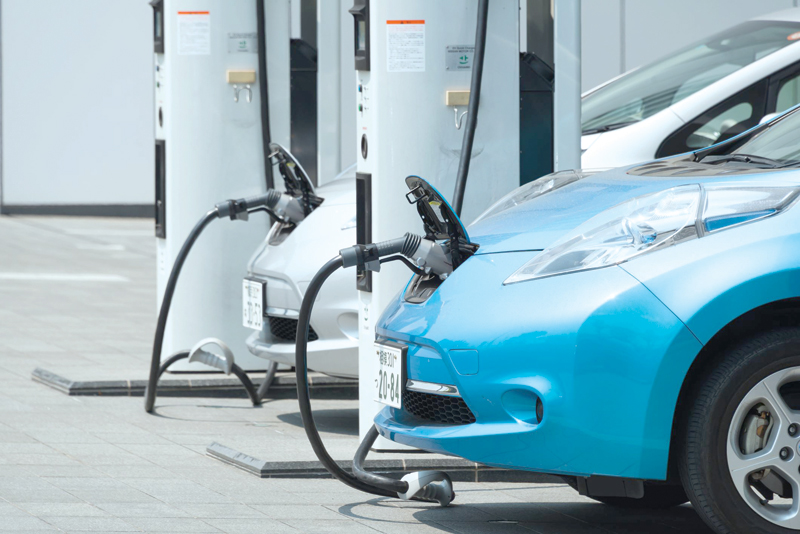

The Sultanate’s penchant for big cars could be a potential barrier to the rapid adoption of Electric Vehicles (EV), according to a newly published report by Oman’s electricity regulator outlining international best practices to support the growth of a domestic EV market.
The issue tops a list of potential barriers that the Sultanate would need to overcome in order to facilitate the early and sustained roll-out of Electric Vehicles as part of a wider transition from conventional hydrocarbon-based fuels as a source of energy to renewable and sustainable resources.
The report was compiled by the San Francisco-based consultancy firm, Energy and Environmental Economics, Inc (E3) who, along with its subcontractor, London-headquartered Baringa Partners, were commissioned by the Authority to study the groundwork necessary for the full-scale adoption of plug-in light-duty electric vehicles (PEV) in the Sultanate.
Key among the potential impediments to the uptake of Electric Vehicles is a dearth of models in the international market that suit Oman’s “preference for larger vehicles”, the report warns. Further compounding matters are the small size of the domestic EV market as well as the extreme heat conditions prevalent particularly in summer — factors that are not conducive to optimal Electric Vehicle use, it notes.
The Sultanate’s fondness for big cars, according to the report, will “likely delay widespread plug-in PV adoption in Oman for at least a few years, but is expected to diminish as larger vehicles become available in the GCC region”.
Another notable shortcoming, the report points out, concerns the absence of charging infrastructure, which is a key prerequisite for the uptake of plug-in type Electric Vehicles.
Adding to this deficiency is driver anxiety over mileage and range offered by Electric Vehicles, as well as the limited public enthusiasm for ‘green-energy’ based transportation solutions in general. Rounding off the list of potential barriers is the high upfront cost of Electric Vehicles compared with conventional internal combustion engine vehicles, according to the report. Lack of dealer incentives to distribute Electric Vehicles is a constraint as well, it notes.
Nevertheless, plug-in type Electric Vehicles (PEV), the report emphasises, are associated with significant strategic, economic and environment benefits. “Even at cost reflective electricity prices, PEVs are expected to have lower fuel and maintenance costs relative to Internal Combustion Engine vehicles and are likely to be attractive to drivers on an economic basis,” it stresses.
Furthermore, if owners of plug-in EVs are encouraged to charge during off-peak periods, there could be benefits to all electricity ratepayers through enhanced efficiency in the use of the electricity networks. Additionally, plug-in EVs can reduce carbon dioxide emissions, improve local air quality, and reduce noise pollution, according to the report.
Importantly, the widespread availability of public and private charging infrastructure is key to the successful adoption and growth of Electric Vehicles, the report stresses. “EV charging involves four key functions: service connection, make-ready (panel plus customer wiring), provision of EV service equipment activities (equipment selection, investment, installation, ownership, hosting, and maintenance), and billing. Distribution companies typically provide the service connection, including metering.”
The report advocates private investment in the establishment of public charging facilities with a view to promoting competition and innovation. However, public sector investment may be encouraged in some areas to stimulate initial EV adoption, it says. For their part, policymakers and regulators should ensure incentives for on-time build, sufficient power levels, ongoing maintenance, plans for eventual removal or replacement and safety, the report states.
E3 and its subcontractor moot the provision of public EV charging facilities free of charge, either as an incentive for customers to patronise shopping malls and other commercial outlets or, for example, as a special benefit extended by employers to their staff. “Alternatively, charging hosts may charge a flat monthly fee, or engage EV solutions providers (EVSPs) to bill drivers on the basis of kWh used, parking time, or a combination of both,” it added.
Oman Observer is now on the WhatsApp channel. Click here



